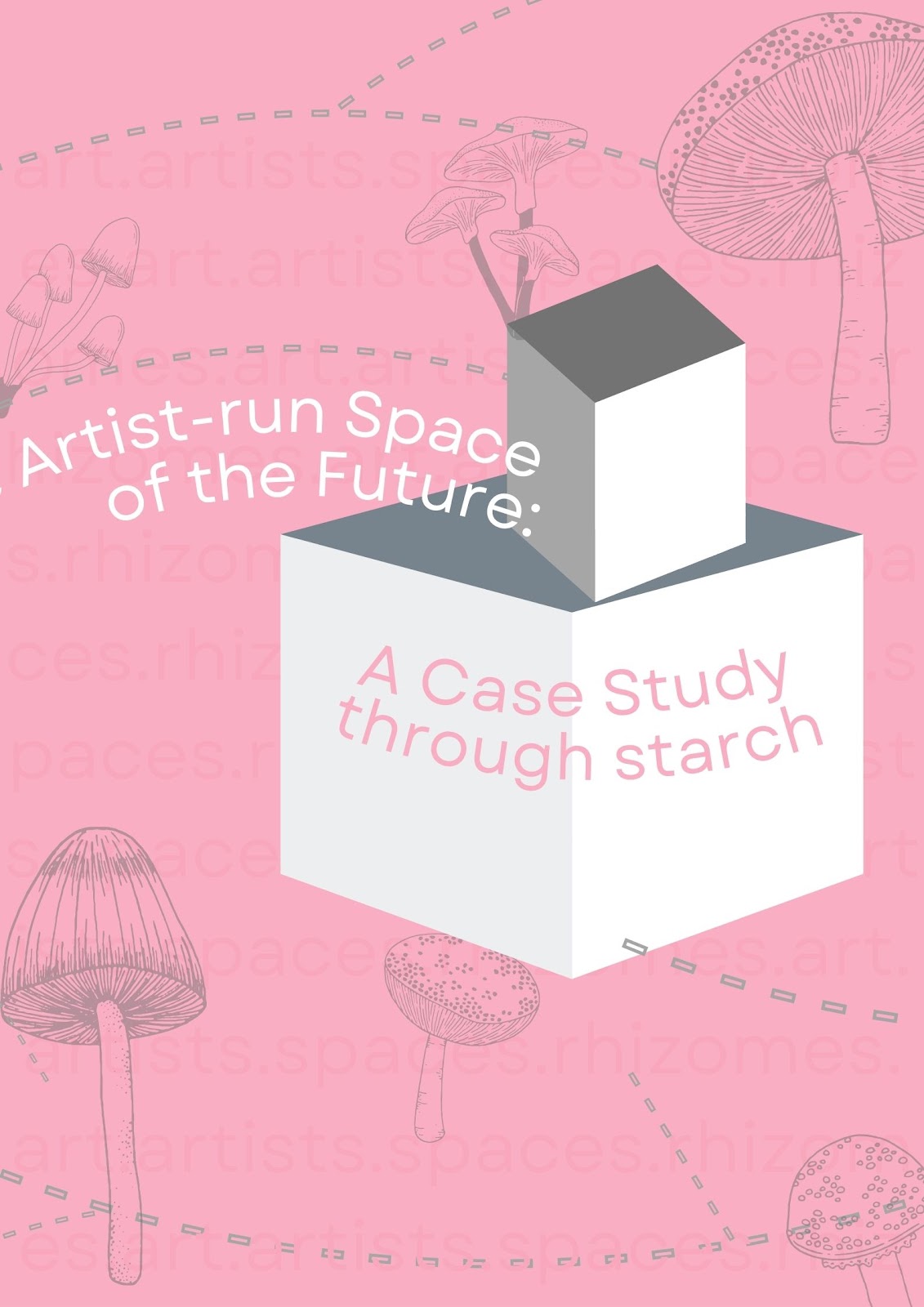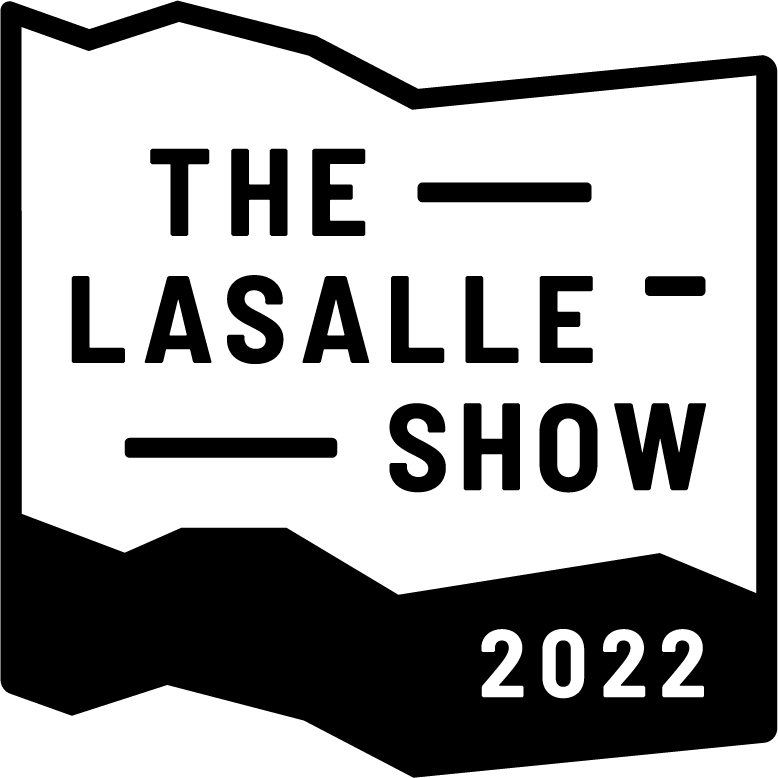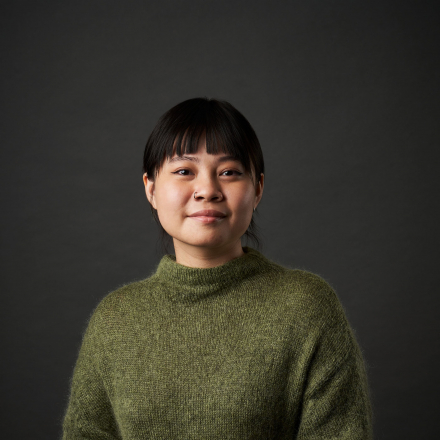School of Creative
Industries

BA(Hons) Arts Management
The artist-run space of the future: A case study through starch
This thesis is an exploratory study of Singapore's artist-run spaces, utilising theories and data collected through the close investigation of starch, a newly found local artist-run space. The research highlights present-day artist-run spaces for the future, not just for artists but also for the localities they are embedded within. The existence of art spaces has not appeared to be faring well since 2021, when significant art spaces like The Substation, soft/WALL/studs, and the exhibition space of the NTU Centre for Contemporary Art Singapore have closed down. Regardless of the fact that the National Arts Council has addressed strategies for the anxiety of space in their policy papers throughout the development of art, the current circumstances (even with the crisis of the COVID-19 pandemic) indicate that the grounds to sustain art places are lacking. Another latent concern reflected in policy papers is the ambiguity with which the spaces are defined and distinguished, this includes artist-run spaces. This research utilises a participatory observational lens, employing first-hand interviews and internship experiences, to provide an in-depth investigation. As part of background research for this study, an investigation into the cultures of artist-run spaces in diverse contexts is explored. Next, a study of local and global frameworks creates a collective documentation that establishes a knowledge of artist-run spaces to be commonly shared. Simultaneously, both reveal the spaces’ structures, conditions, and even the relationship amongst the space, the artists and the state. This research therefore argues that the contribution and significance of such spaces are valuable and should be an integral part of the policy papers that will develop the future of the art ecosystem in Singapore.
Keywords: artist-run spaces, art spaces, artists, Singapore, Our SG Arts Plan, rhizome
Subtopics: artist-run spaces, arts housing policy





